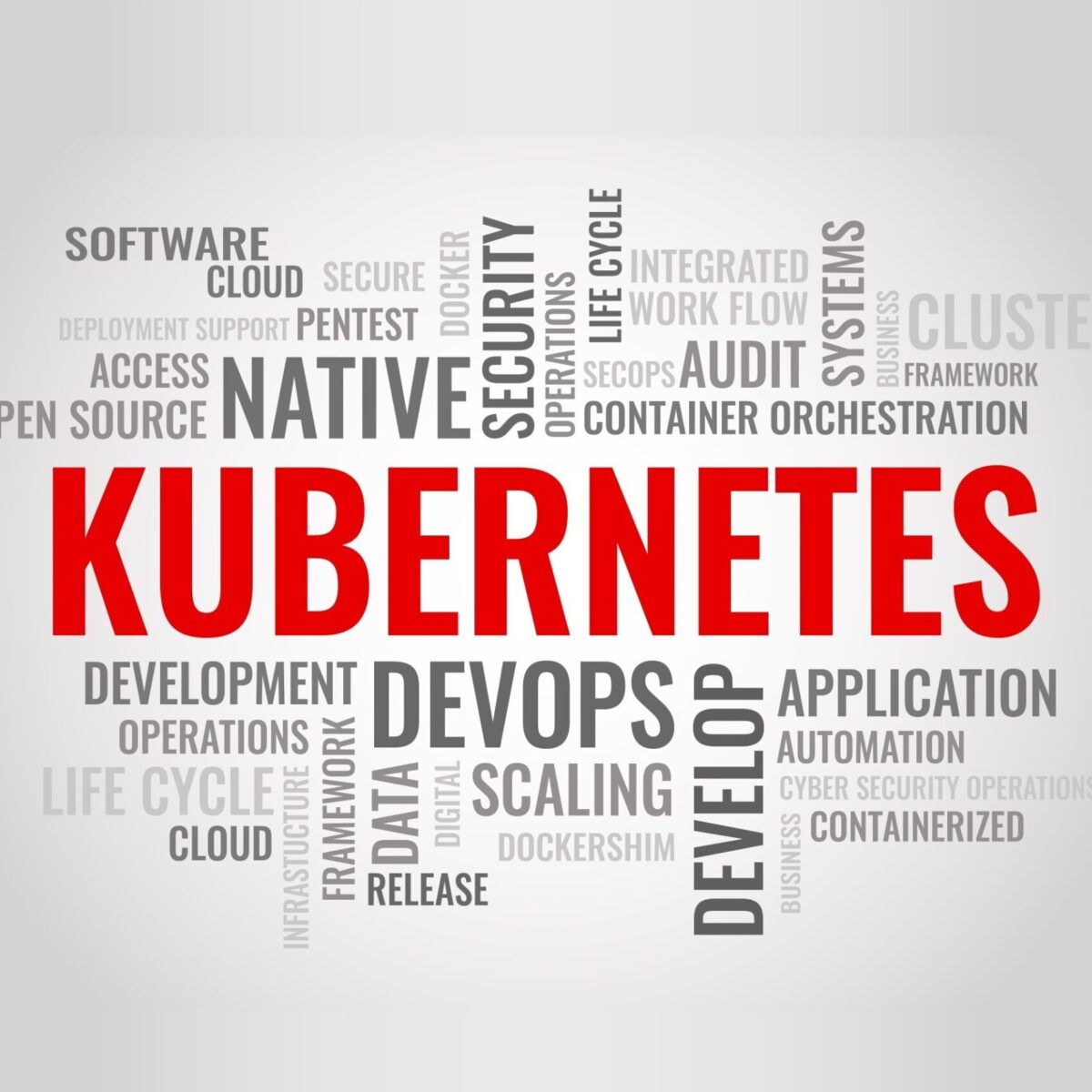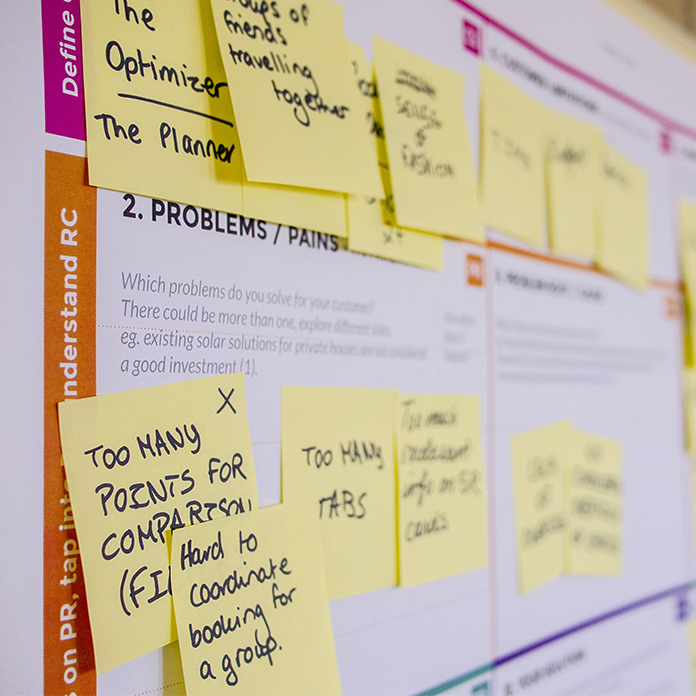Java | JPA | JSF | EJB3 | Wildfly | Netweaver
J2EE (Java 2 Enterprise Edition) is a programming platform used for developing and deploying enterprise-level applications. It is based on the Java programming language and is an extension of the Java Platform, Standard Edition (Java SE).
J2EE helps developers build scalable, secure, and reliable applications that can be deployed in a variety of environments, including web-based applications, web services, and enterprise applications. J2EE includes a set of technologies and APIs that provide the infrastructure for building these types of applications, such as servlets, JavaServer Pages (JSPs), and Enterprise JavaBeans (EJBs).
J2EE is widely used to build Web-based applications for e-commerce, online banking, and other business-to-consumer (B2C) or business-to-business (B2B) services. It is also commonly used to create web services that can be accessed by other applications or systems.
J2EE-related technologies include Java SE, JavaFX, and Java ME (Micro Edition). These technologies are all based on the Java programming language and offer different levels of functionality and performance. Java SE is the core Java platform, while JavaFX is used to create graphical user interfaces (GUIs) and Java ME is used to develop applications for mobile devices.
BITS experts have used J2EE as well as related programming languages in a variety of projects. A selection of case studies and references can be found below.
“We are happy to support you with your digital challenges and look forward to hearing from you without obligation.”
Marc Schallehn, Managing Director BITS GmbH

Gerne unterstützen wir Sie bei Ihren IT Projekten. Ich freue mich über Ihre Kontaktaufnahme.
Selection of case studies and references
Migration of a Java business application to Docker as well as startup within a Kubernetes cluster
In this project, the task was to migrate a hotel management software consisting of Java backend, relational database and Angular frontend from a native server environment to a Kubernetes cluster. At the same time, the Kubernetes cluster was designed, rebuilt and commissioned.
Migration of a J2EE EJB2 application
The goal of the project was to lift an aging Java application architecture to a newer technical level. In detail, it was about the replacement of Entity Beans by the Java Persistence API.



